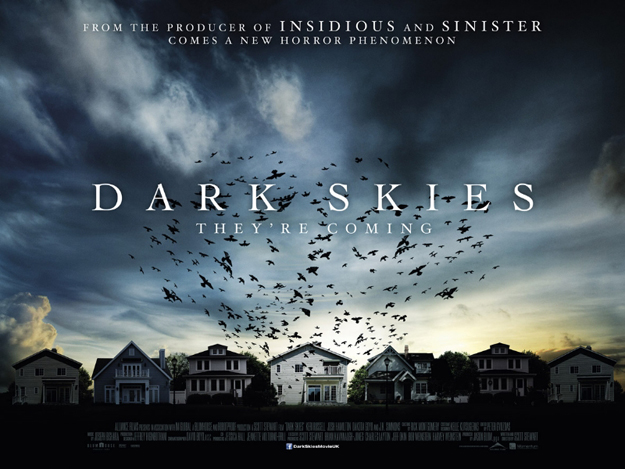Search This Blog
About FILMS: going, criticism, craft, festivals, etc, by Mr. Whiplash (aka Jack Gattanella).
Posts
Showing posts from October 4, 2015
Spooktacular Savings #9: DARK SKIES (2013)
- Get link
- X
- Other Apps
Spooktacular Savings #8: THE OLD DARK HOUSE (1932)
- Get link
- X
- Other Apps
Spooktacular Savings #7: NIGHTMARES IN RED, WHITE AND BLUE (2009)
- Get link
- X
- Other Apps
Spooktacular Savings #6: Roger Corman's FRANKENSTEIN UNBOUND
- Get link
- X
- Other Apps
Spooktacular Savings #5: Coppola's TWIXT
- Get link
- X
- Other Apps
RIP Train: CHANTAL AKERMAN (1950-2015)
- Get link
- X
- Other Apps
Spooktacular Savings #4: Tony Scott's THE HUNGER (1983)
- Get link
- X
- Other Apps
A FREEWHEELING Conversation on Facebook about Ridley Scott and THE MARTIAN
- Get link
- X
- Other Apps








